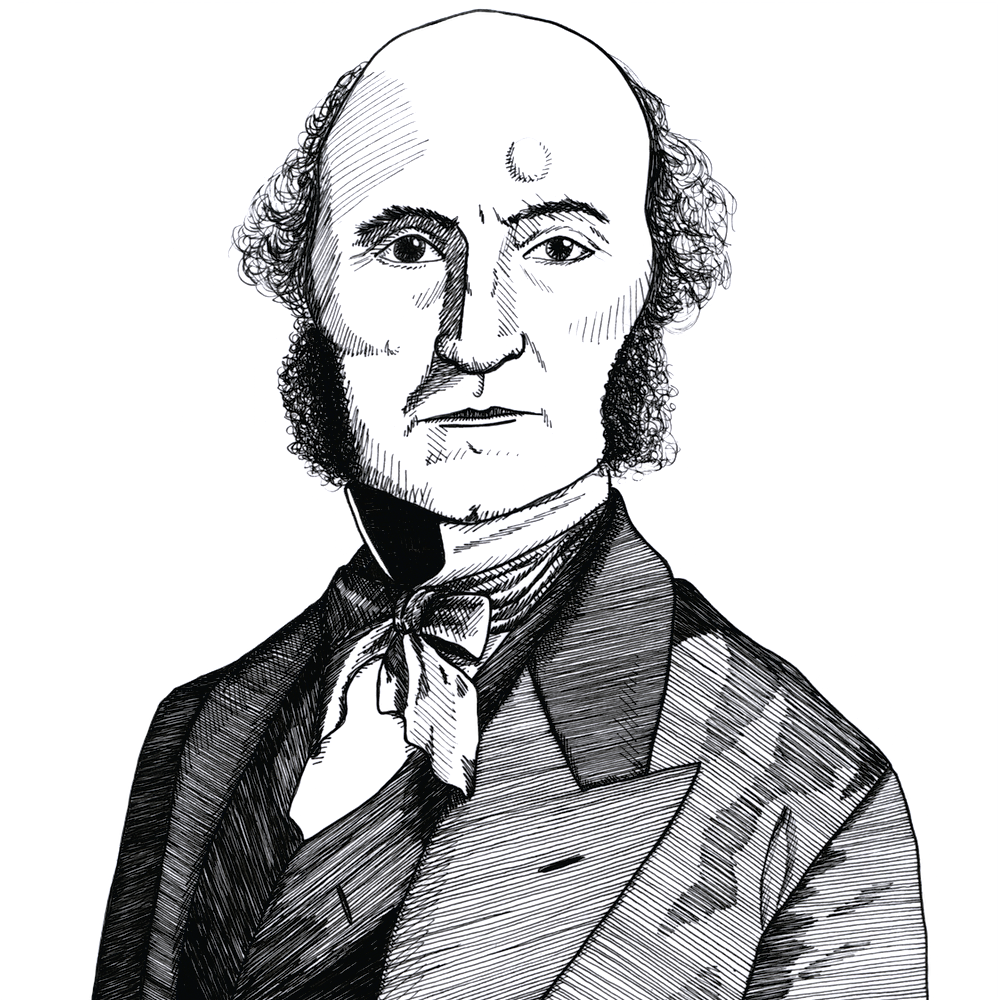
John Stuart Mill on “the sacred right of insurrection” (1862)
Found in: The Collected Works of John Stuart Mill, Volume XXI - Essays on Equality, Law, and Education
John Stuart Mill (1806-1873) was convinced that the American “Civil War” was fought over who should exercise control over the Federal Government concerning tariffs, internal improvements, but most especially, over the expansion of slavery into new territories. He was convinced that if the Confederate States had their way they would expand the institution of slavery into Mexico and the Caribbean and therefore they needed to be stopped. Likening the South to highway robbers such as Dick Turpin, Mill thought they had no right to insurrection to defend an unjust cause:
Colonies, Slavery & Abolition
But we are told, by a strange misapplication of a true principle, that the South had a right to separate; that their separation ought to have been consented to, the moment they showed themselves ready to fight for it; and that the North, in resisting it, are committing the same error and wrong which England committed in opposing the original separation of the thirteen colonies. This is carrying the doctrine of the sacred right of insurrection rather far. It is wonderful how easy, and liberal, and complying, people can be in other people’s concerns. Because they are willing to surrender their own past, and have no objection to join in reprobation of their great-grandfathers, they never put to themselves the question what they themselves would do in circumstances far less trying, under far less pressure of real national calamity. Would those who profess these ardent revolutionary principles consent to their being applied to Ireland, or India, or the Ionian Islands? How have they treated those who did attempt so to apply them? But the case can dispense with any mere argumentum ad hominem. I am not frightened at the word rebellion. I do not scruple to say that I have sympathized more or less ardently with most of the rebellions, successful and unsuccessful, which have taken place in my time. But I certainly never conceived that there was a sufficient title to my sympathy in the mere fact of being a rebel; that the act of taking arms against one’s fellow citizens was so meritorious in itself, was so completely its own justification, that no question need be asked concerning the motive. It seems to me a strange doctrine that the most serious and responsible of all human acts imposes no obligation on those who do it, of showing that they have a real grievance; that those who rebel for the power of oppressing others, exercise as sacred a right as those who do the same thing to resist oppression practised upon themselves. Neither rebellion, nor any other act which affects the interests of others, is sufficiently legitimated by the mere will to do it. Secession may be laudable, and so may any other kind of insurrection; but it may also be an enormous crime. It is the one or the other, according to the object and the provocation. And if there ever was an object which, by its bare announcement, stamped rebels against a particular community as enemies of mankind, it is the one professed by the South. Their right to separate is the right which Cartouche or Turpin would have had to secede from their respective countries, because the laws of those countries would not suffer them to rob and murder on the highway. The only real difference is, that the present rebels are more powerful than Cartouche or Turpin, and may possibly be able to effect their iniquitous purpose.